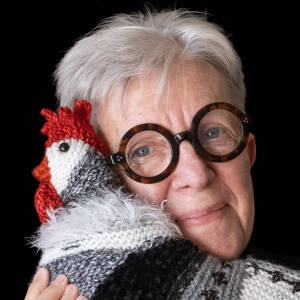Worth and caste
If I had known yesterday was my blip day, I wouldn’t have written about worth. I appreciate the kind comments and the chorus of caring voices. I responded to comments till I went to bed last night, and I was overwhelmed when I woke up to find many more. I had errands to run in the pouring rain and miles to go, so I haven’t responded to comments since last night, but I will get back to them.
I regret that my first impulse, when I heard what Viola Davis said in an interview, was to make it about me. My neurotic wrestling with the question of worth (or the lack of it) is beside the point of what Viola Davis was talking about. I will wrestle on, but Davis was talking about her work as an actress, interpreting the role of Ma Rainey.
An actor studies the motivations of the character she is going to play, and in her work on the role, Davis saw that Rainey was motivated by her belief in her own worth. Ma Rainey felt worthy despite her position in the American caste system; she generated her belief in her own worth against the tide of an entire culture telling her that she had no worth. That system is still firmly in place, and the book I’m reading, Caste, by Isabel Wilkerson, makes that clear.
As Wilkerson sees it, there is no point in talking about race. First of all race doesn’t actually exist; and secondly no person who appears to be white and profits from white privilege wants to be perceived as a racist. So as soon as the subject comes up, “white” people freeze, defend, or run. Wilkerson makes it much easier to talk about the mess we’ve made by talking about caste.
Wilkerson distinguishes caste from class and both from race, and instead of talking about “white” people and “Black” people, she talks about upper caste and subordinate caste, which allows us to examine our place in the system without blame. It’s brilliant. Her epilogue is entitled, “A World Without Caste.” She concludes, “A world without caste would set everyone free.” I believe that. Building a world without caste will take enormous work from every one of us. Reading this book is a step in that direction, but it doesn't feel like "work." It feels like permission.

Comments
Sign in or get an account to comment.


